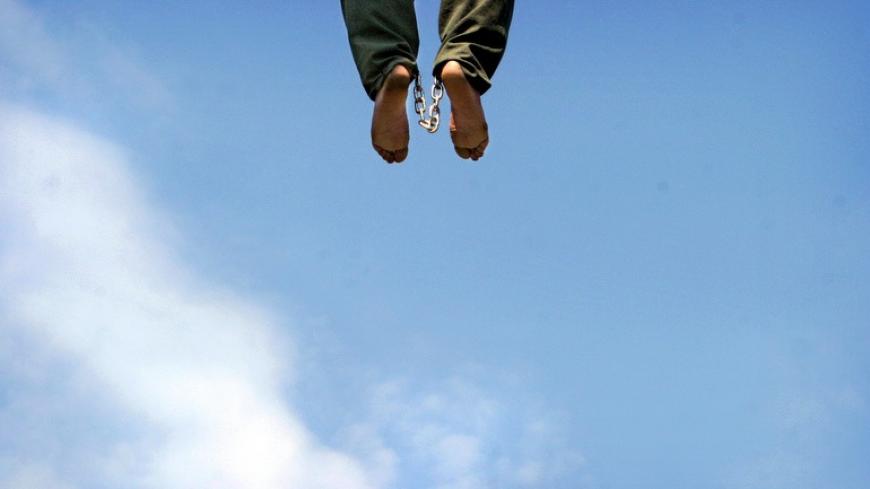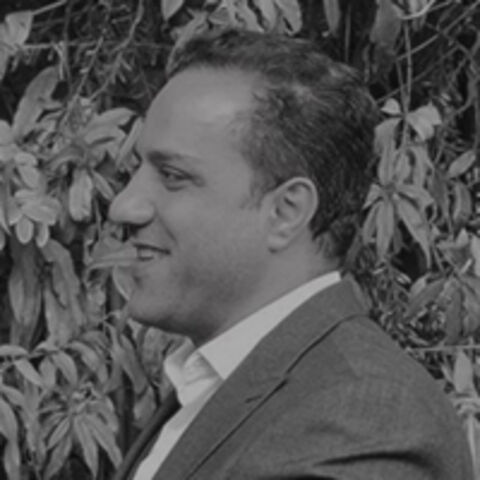The punishment of criminals in Iran is sometimes carried out in public. Ahmed Shaheed, the UN special rapporteur on the situation of human rights in Iran, has reported several cases of public execution and the humiliation of criminals. According to his March 2013 report on human rights in Iran, Shaheed "joins the [UN] Secretary-General’s view that 'executions in public add to the already cruel, inhuman and degrading nature of the death penalty and can only have a dehumanizing effect on the victim and a brutalizing effect on those who witness the execution.'"
However, public executions constitute a small percentage of all executions in Iran, as is the case with criminals being publicly flogged or humiliated. In a recent case, three thieves were given 74 lashes in public. These occurrences have become more common and intensified since the launch of a police operation targeting petty criminals some eight years ago. In some cases, male criminals were stripped in public and forced to wear women’s clothing or have a toilet ewer hung around their necks.



